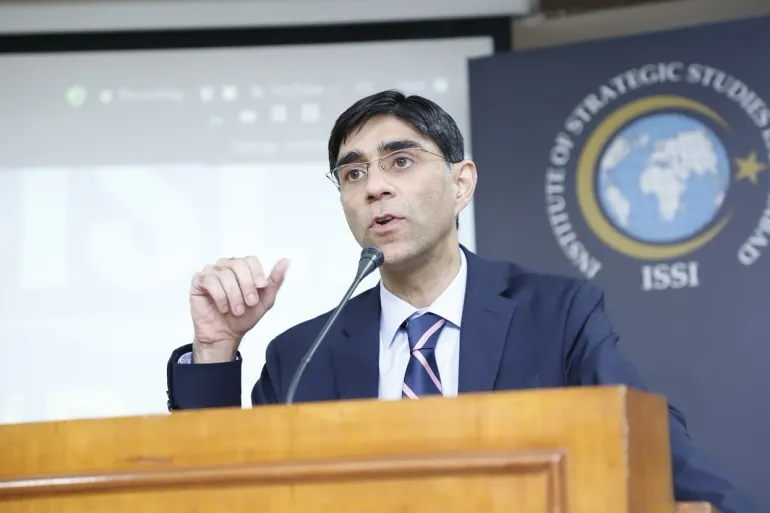Eleven days after gunmen shot 26 people dead in the scenic valley of Baisaran in Indian-administered Kashmir’s Pahalgam, India and Pakistan stand on the brink of a military standoff.

The nuclear-armed neighbours have each announced a series of tit-for-tat steps against the other since the attack on April 22, which India has implicitly blamed Pakistan for, even as Islamabad has denied any role in the killings.
India has suspended its participation in the Indus Waters Treaty that enforces a water-sharing mechanism Pakistan depends on. Pakistan has threatened to walk away from the 1972 Simla Agreement that committed both nations to recognising a previous ceasefire line as a Line of Control (LoC) – a de-facto border – between them in Kashmir, a disputed region that they each partly control but that they both claim in its entirety. Both nations have also expelled each other’s citizens and scaled back their diplomatic missions.
Despite a ceasefire agreement being in place since 2021, the current escalation is the most serious since 2019, when India launched air strikes on Pakistani soil following an attack on Indian soldiers in Pulwama, in Indian-administered Kashmir, that killed 40 troops. In recent days, they have traded fire across the LoC.
And the region is now on edge, amid growing expectations that India might launch a military operation against Pakistan this time too.
Yet, both countries have also engaged their diplomatic partners. On Wednesday, United States Secretary of State Marco Rubio called Pakistani Prime Minister Shehbaz Sharif and Indian Foreign Minister S Jaishankar, urging both sides to find a path to de-escalation. US Defence Secretary Pete Hegseth called his Indian counterpart, Rajnath Singh, on Thursday to condemn the attack and offered “strong support” to India.
Sharif met envoys from China, Saudi Arabia and the United Arab Emirates, three of Pakistan’s closest allies, to seek their support, and urged the ambassadors of the two Gulf nations to “impress upon India to de-escalate and defuse tensions”.
To understand how Pakistani strategists who have worked on ties with India view what might happen next, Al Jazeera spoke with Moeed Yusuf, who served as Pakistan’s national security adviser (NSA) between May 2021 and April 2022 under former Prime Minister Imran Khan.
Prior to his role as NSA, Yusuf also worked as a special adviser to Khan on matters related to national security starting in December 2019, four months after the Indian government, under Prime Minister Narendra Modi, revoked the special status of Indian-administered Kashmir.
Based in Lahore, Yusuf is currently the vice chancellor of a private university and has authored and edited several books on South Asia and regional security. His most recent book, Brokering Peace in Nuclear Environments: US Crisis Management in South Asia, was published in 2018.